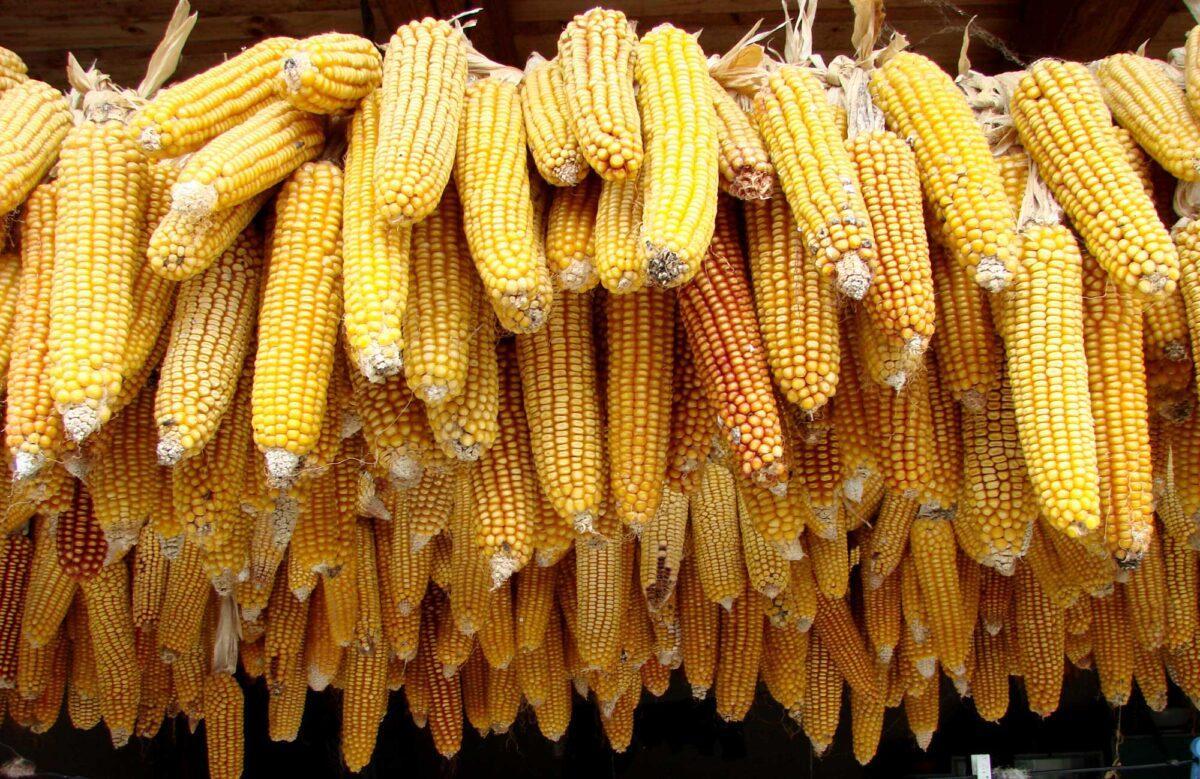Africa-Press – Eswatini. The special investigation into the National Maize Corporation (NMC) operations has uncovered that there were credit notes, which were issued to reverse sales invoices that contained incorrect inputs such as price and quantity.
In particular, the investigation uncovered three credit notes that were passed to reverse incorrect sales amounts which were around E400 million. The findings of the investigation state that the existence of the credit notes was an indicator that the debtors’ clerk could input any amount on the system when creating an invoice and there were no validation checks, as the invoices for the unusual amounts were successfully printed.
Approved
The investigation was conducted by reputable company, PwC and the report findings remain allegations as it is yet to be debated and approved by the Public Accounts Committee (PAC).
When conducting the investigation, the auditors, PwC, applied a procedure to ascertain what transpired in a re-routing of stock from Matsapha main depot to unknown sites that were deemed as retail centres. The procedure, according to the audit report, was to obtain a list of all sales made by the NMC for the period between September 1, 2021 and December 31, 2021. It involved filtering the sales listing for all deliveries made by the NMC to customers within the same period. For all NMC deliveries, the report states that the auditors obtained crucial supporting documents including sales orders (where applicable), weighbridge tickets, signed delivery notes, invoices and subsequent payments by customers.
Agreeing
The auditors said they then verified that the sales followed through the entire process which included agreeing sales to purchase orders, agreeing to weighbridge tickets and signed delivery notes, tracing of sales to report as well as sales invoice and finally, following up the transaction through to payment. According to the audit report, from the procedures performed, the auditors could not obtain proof of delivery for a number of sales to various outlets. The auditors said they noted a delivery to a major wholesaler where they could not obtain an invoice for items shipped out of the Matsapha Depot.
“We could not trace this sale to the sales report, neither could we trace it to the sales invoice: The delivery was for 10 020 kilogrammes Sihlobo rice, which was weighed out at the weighbridge on November 4, 2021, at 08:05:43am,” reads part of the report. The auditors said they also uncovered that in relation to yet another well-known wholesaler, there were more items loaded and weighed out for delivery than those that had been ordered.
Delivery
It is stated that the wholesaler had tendered 30 tonnes, however, from inspecting the weighbridge tickets, it was noted that the delivery was for 33.820 tonnes. “This is indicative of more items delivered to the customer than ordered. From the review of the sales report and invoice, we noted that the customer was invoiced for 33.82 tonnes. We could not verify if the customer paid for the 33.82 tonnes or 30 tonnes due to inadequate referencing payments,” the report mentioned. Regarding customer payments, the auditors said they were not able to match the payment received from customers for sales made and invoices issued.
This, it was stated in the report, was due to the fact that customers did not submit remittance advice detailing invoices being paid for and such was also not requested by NMC on payment.
“From discussion with Finance, we established that allocation of payments is on a first-come-first-serve basis. There is no direct matching of payments to invoices since customers make payments as and when and never reference the invoice they are paying,” the auditors stated.
Fraudulent
Such an arrangement, they stated, created an opportunity to make fraudulent sales against an approval supplier account and later on match authentic payments made by the approved supplier against the sale that had been fraudulently made to erase the audit trail. In terms of credit stores, the auditors said they filtered the sales report for the period between September 1, 2021 and December 31, 2021 and identified all credit stores for the period. The findings noted involved credit notes issued in order for the NMC to re-invoice based on the customer’s weighbridge tickets. According to the audit report, it was noted that two loads of sorghum, which weighed 1.080 tonnes and 0.9 tonnes respectively as weighed at the NMC, and subsequently delivered to the customer and invoiced on October 19, 2021.
The report states that customer sent an email on November 2, 2021, to dispute the masses of the inventory and provided their own weighbridge tickets that stated that the masses were 1.040 tonnes and 0.84 tonnes respectively. According to the auditors, the NMC personnel proceeded to pass a credit notes number ‘803604’ and ‘803605’ in line with the email received from the customer to reverse the difference in mass without further investigation on the cause of the variance.
Dispatch
“The above incident is an indicator that inventory can be stolen in transit and subsequently NMC sales and dispatch records are charged to show a lower level of inventory that has been dispatched even though the NMC weighbridge showed the correct quantity,” the report mentioned. Furthermore, the investigation revealed that there were credit notes which were issued to reverse sales invoices that contained incorrect inputs such as price and quantity. It was noted that there were three credit notes that were passed to reverse incorrect sales amounts which were in hundreds of Emalangeni. The debtors’ clerk, according to the report, had input incorrect quantities, one of them being 32 260 tonnes instead of 32.26 tonnes. “The existence of these credit notes is an indicator that the debtors’ clerk can input any amount on the system when creating an invoice and there are no validation checks, as the invoices for these unusual amounts were successfully printed,” the report mentioned.
Breakdown
A breakdown of the credit notes provided in the report reflects that there was credit number ‘803617’, whereby the product type was maize bulk and the quantity per invoice (in tonnes) was 1 170 and the amount was E141 733 620. The second credit note was for credit number ‘803618’, whereby the product type was maize bulk and the quantity per invoice (in tonnes) was 31 640 and the amount stood at E130 024 560. For the third credit note, the credit number was ‘803619’ and the product type was also maize in bulk. The amount was E136 024 560.
In total, the credit notes amounted to E408 652 860. The auditors said they noted insufficient evidence on review of supporting documents for credit notes. For example, the report states, the auditors received a credit note requisition form for credit note number ‘803567’ which stated the reason for the credit not as ‘delivered wrong quantity’.
Requisition
It was stated that the supporting documentation attached to the requisition form was only the credit note.Documents that were not attached to support the credit note and there was no evidence of their review included weighbridge ticket to evidence the initial quantity to be delivered, signed delivery note to evidence that the incorrect quantity was delivered and the new invoice to evidence the new quantity being invoiced. The auditors said the instance was an indication of poor control measures to support the creation of credit notes and increased the risk of irregular credit notes being processed.
For More News And Analysis About Eswatini Follow Africa-Press







